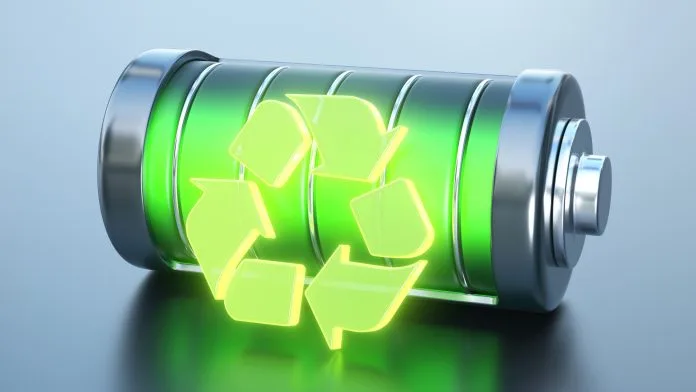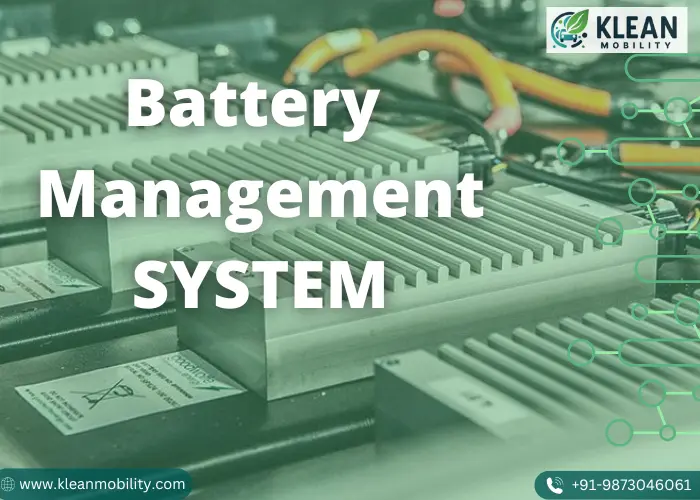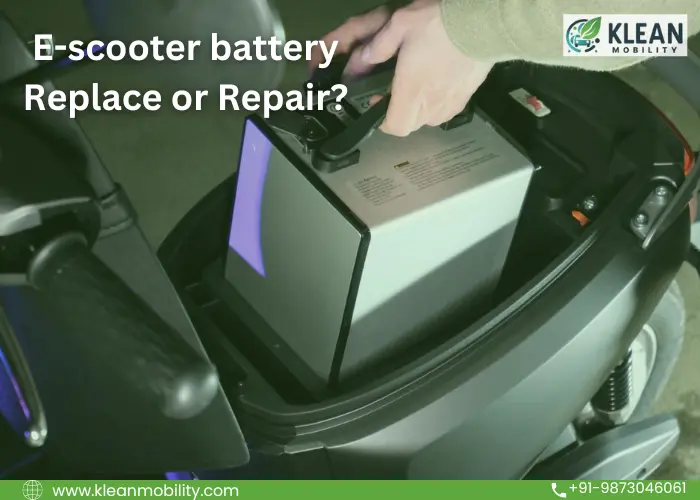As India embraces the electric vehicle (EV) revolution, the focus is not only on accelerating EV adoption but also on ensuring that the transition is environmentally sustainable. A key aspect of this sustainability is the responsible disposal and recycling of materials used in EVs. This blog post explores how the EV sector in India is addressing sustainable material disposal and the initiatives being undertaken to minimize the environmental impact.
The Importance of Sustainable Material Disposal

Sustainable material disposal is crucial for several reasons:
- Environmental Protection: Proper disposal and recycling prevent hazardous materials from polluting the environment.
- Resource Conservation: Recycling materials reduces the need for raw material extraction, conserving natural resources.
- Economic Benefits: Efficient recycling processes can lower production costs and create new economic opportunities.
- Regulatory Compliance: Adhering to environmental regulations ensures the legal operation of EV businesses.
Key Materials in EVs Requiring Sustainable Disposal
1. Batteries
Lithium-ion batteries are the most common type used in EVs. They contain valuable metals such as lithium, cobalt, nickel, and manganese, which can be harmful if not disposed of properly.
2. Electronic Components
Electronic components in EVs, such as inverters, converters, and controllers, contain various metals and hazardous substances that require careful handling and recycling.
3. Plastic and Composite Materials
Plastic and composite materials used in vehicle interiors, exteriors, and battery casings must be recycled to reduce landfill waste and environmental degradation.
4. Metal Parts
Metal parts like aluminum, steel, and copper are used extensively in EVs. Recycling these metals can significantly reduce the environmental impact of mining and manufacturing.
Initiatives for Sustainable Material Disposal in India’s EV Sector
1. Government Regulations and Policies
The Indian government has introduced several regulations and policies to promote sustainable material disposal:
- Extended Producer Responsibility (EPR): Manufacturers are responsible for the disposal and recycling of end-of-life products, including EV components.
- Battery Waste Management Rules: These rules mandate the safe disposal and recycling of batteries, ensuring that valuable materials are recovered and hazardous substances are managed properly.
2. Establishment of Recycling Facilities
To support sustainable disposal, India is developing specialized recycling facilities:
- Battery Recycling Plants: Dedicated facilities for recycling lithium-ion batteries are being set up to extract valuable metals and safely dispose of hazardous materials.
- Electronic Waste (E-waste) Recycling Centers: These centers process electronic components from EVs, ensuring that metals and plastics are recycled efficiently.
3. Industry Partnerships and Collaborations
Collaborations between the government, private sector, and international organizations are crucial:
- Public-Private Partnerships (PPPs): Joint ventures between government bodies and private companies are driving the development of recycling infrastructure.
- Global Collaborations: Partnerships with international organizations bring expertise and technology to improve recycling processes in India.
4. Research and Development
Investing in research and development (R&D) is essential for advancing recycling technologies:
- Innovative Recycling Technologies: R&D efforts are focused on developing new technologies for more efficient and cost-effective recycling of EV materials.
- Sustainable Material Innovations: Research is being conducted to create sustainable alternatives to traditional materials used in EVs.
5. Consumer Awareness and Participation
Educating consumers about the importance of sustainable material disposal is key:
- Awareness Campaigns: Initiatives to inform consumers about the environmental impact of improper disposal and the benefits of recycling.
- Incentives for Recycling: Offering incentives for consumers to return used batteries and components for recycling.
Challenges in Sustainable Material Disposal
1. Infrastructure Development
Building a comprehensive recycling infrastructure requires significant investment and coordination between various stakeholders.
2. Technological Limitations
Recycling EV materials, especially batteries, is complex and requires advanced technologies that are still being developed and refined.
3. Regulatory Enforcement
Ensuring compliance with regulations and preventing illegal disposal practices can be challenging, requiring robust monitoring and enforcement mechanisms.
4. Economic Viability
Making recycling economically viable is crucial. This involves reducing costs, improving efficiency, and creating market demand for recycled materials.
Conclusion
India’s EV sector is making significant strides towards sustainable material disposal through government regulations, the establishment of recycling facilities, industry partnerships, R&D, and consumer awareness initiatives. Despite challenges, these efforts are crucial for minimizing the environmental impact of the EV transition and ensuring a sustainable future. By continuing to innovate and collaborate, India can lead the way in creating a circular economy for electric vehicles.
FAQs
1. What are the key materials in EVs that require sustainable disposal? Key materials include lithium-ion batteries, electronic components, plastic and composite materials, and metal parts.
2. How is the Indian government promoting sustainable material disposal in the EV sector? The government has introduced regulations such as Extended Producer Responsibility (EPR) and Battery Waste Management Rules to ensure proper disposal and recycling.
3. What role do industry partnerships play in sustainable material disposal? Industry partnerships, including public-private partnerships and global collaborations, are crucial for developing recycling infrastructure and advancing recycling technologies.
4. Why is consumer awareness important for sustainable material disposal? Educating consumers about the benefits of recycling and the environmental impact of improper disposal encourages participation in recycling programs and proper disposal practices.
5. What are the main challenges in achieving sustainable material disposal in India’s EV sector? Challenges include developing comprehensive recycling infrastructure, overcoming technological limitations, ensuring regulatory enforcement, and making recycling economically viable.



